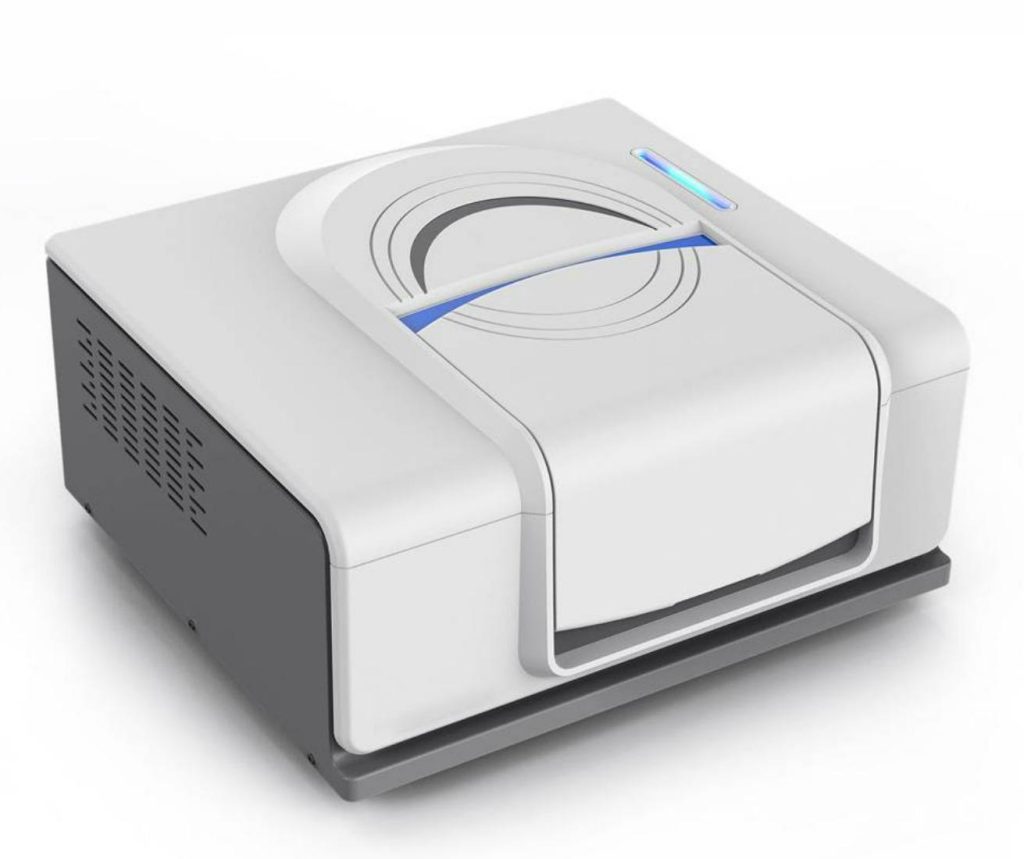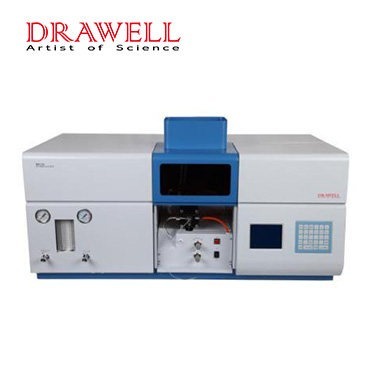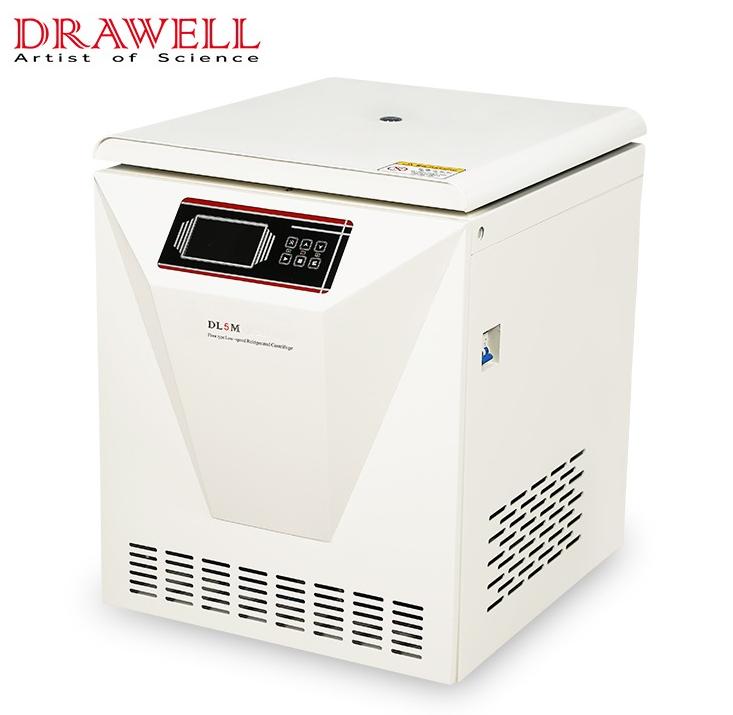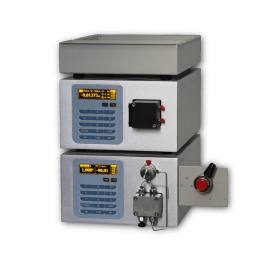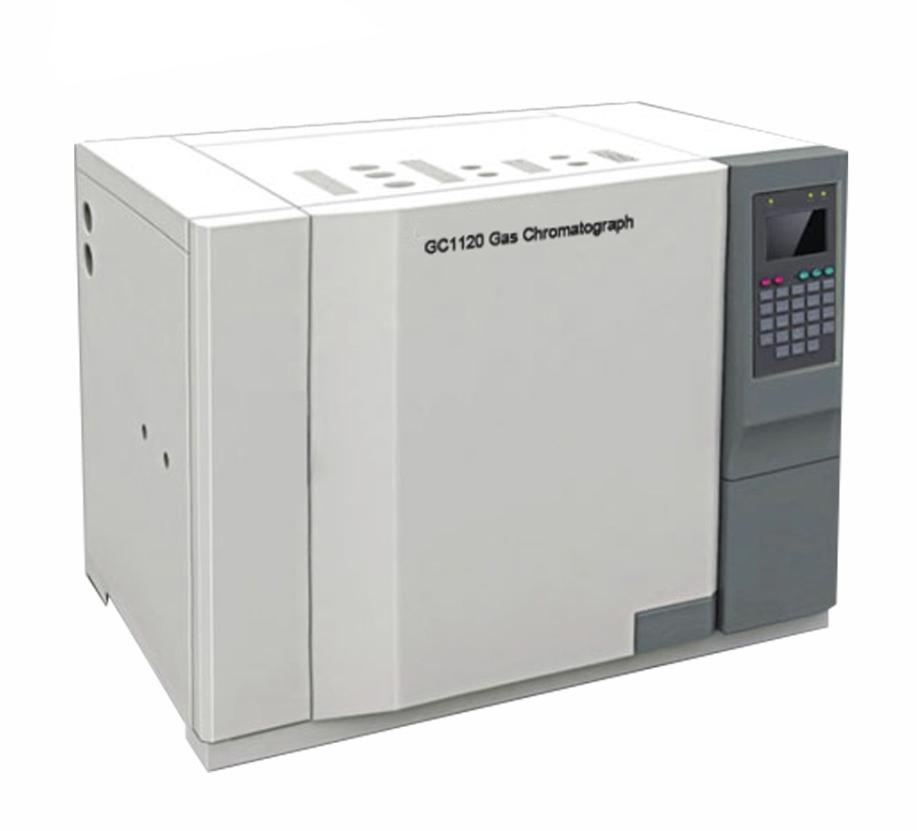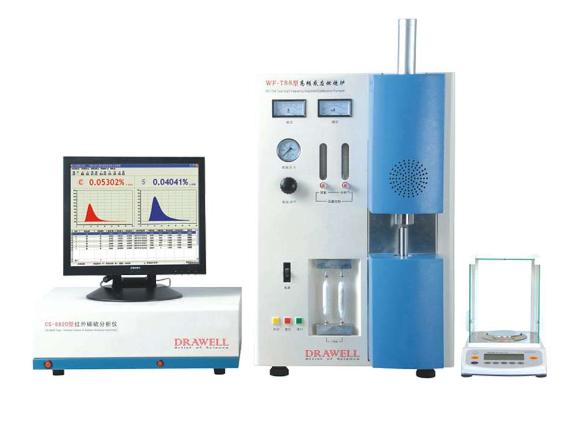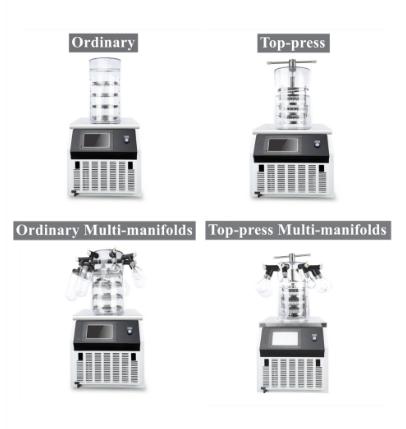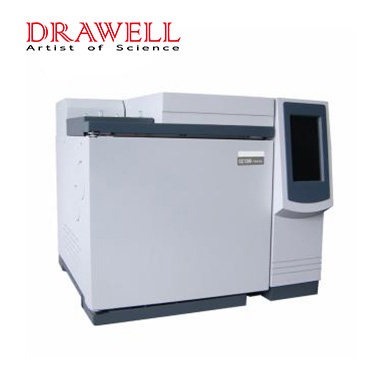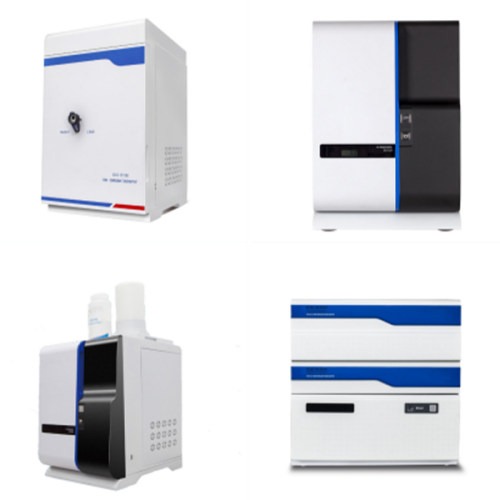News
The Vital Role of Fully Automatic Biochemistry Analyzers: Revolutionizing Clinical Diagnostics
A fully automatic biochemistry analyzer is a sophisticated instrument that has revolutionized the way blood and other physiological fluids are analyzed. The significance of the fully automatic biochemistry analyzer and how it has transformed clinical diagnostics will be discussed in this article. The Significant Role of Fully Automatic Biochemistry Analyzers in Clinical Diagnostics Understanding Biochemistry Analysis Biochemistry analysis…
Exploring the World of FTIR Spectrophotometers: Principles, Benefits, and Types
Fourier-Transform Infrared (FTIR) spectrophotometers are powerful analytical instruments widely used in various fields, from chemistry and biology to materials science and environmental monitoring. They provide valuable insights into the molecular composition of substances by analyzing how they interact with infrared radiation. In this article, we will delve into the world of FTIR spectrophotometers, examining their principles,…
What are the Diverse Applications of AAS in Chemistry
Atomic Absorption Spectroscopy (AAS) is a powerful analytical technique that has revolutionized the field of chemistry. It offers a versatile and highly sensitive method for the quantitative analysis of elements in various samples. Since its introduction in the 1950s, AAS has found numerous applications across different branches of chemistry, making it an indispensable tool for researchers…
What is Floor Standing Refrigerated Centrifuge: Features and Applications
Centrifugation is a fundamental technique in the field of laboratory science and research, widely used for separating and analyzing various biological and chemical substances. A floor standing refrigerated centrifuge is a versatile and essential piece of equipment that offers precise temperature control and high-speed centrifugation. In this article, we will explore the features and applications of…
How Does HPLC Work: Key Principles, Components, and Working Process
High-Performance Liquid Chromatography (HPLC) is a popular analytical technique for separating, identifying, and quantifying components in a mixture. It is a potent technique that is used in a variety of sectors such as chemistry, pharmacology, environmental research, and biology. In this article, we will focus on the topic of how does hplc work, exploring how this versatile technique…
Exploring Sample Injection System in Gas Chromatography: Crucial Functions, Key Components and Various Techniques
Gas chromatography (GC) is a popular analytical technique for isolating and evaluating volatile chemicals in a wide range of materials. The ability of gas chromatography to successfully separate complicated mixtures is critical to its effectiveness. The sample injection system, which is responsible for injecting the sample into the chromatograph, is important to this separation process. This article…
What is Carbon and Sulfur Analyzer
In the realm of analytical chemistry, precision and accuracy are paramount. Understanding the composition of materials is fundamental to numerous industries, from metallurgy to environmental science. One indispensable tool that enables us to explore the chemical makeup of substances is the Carbon and Sulfur Analyzer. This instrument, often overlooked but critical in various fields, plays…
Lab Lyophilizer: What Are the Different Types and How to Choose
Lyophilization, commonly known as freeze-drying, is a crucial process in various laboratory and industrial applications. It is used to preserve and stabilize delicate substances, such as pharmaceuticals, biological samples, and food products, by removing water content while maintaining their structural integrity. To accomplish this task efficiently, laboratory lyophilizers are essential equipment. In this article, we…
How Does Gas Chromatography Work
Gas chromatography (GC) is a powerful analytical technique for separating, identifying, and quantifying the components of complex mixtures. In this article, we will discuss the topic of how does gas chromatography work, exploring its working process and factors affecting separation in gas chromatography. What is the Working Process of Gas Chromatography? The principle of selective partitioning…
What are the Different Types of Ion Chromatography
Ion chromatography (IC) is a flexible analytical technique for separating and quantifying ions in a solution using their charge and chemical interactions with a stationary phase. This analytical method has been used in a wide range of domains, from environmental studies to pharmaceutical research. Ion chromatography techniques of various types enable scientists to target specific ions or…



